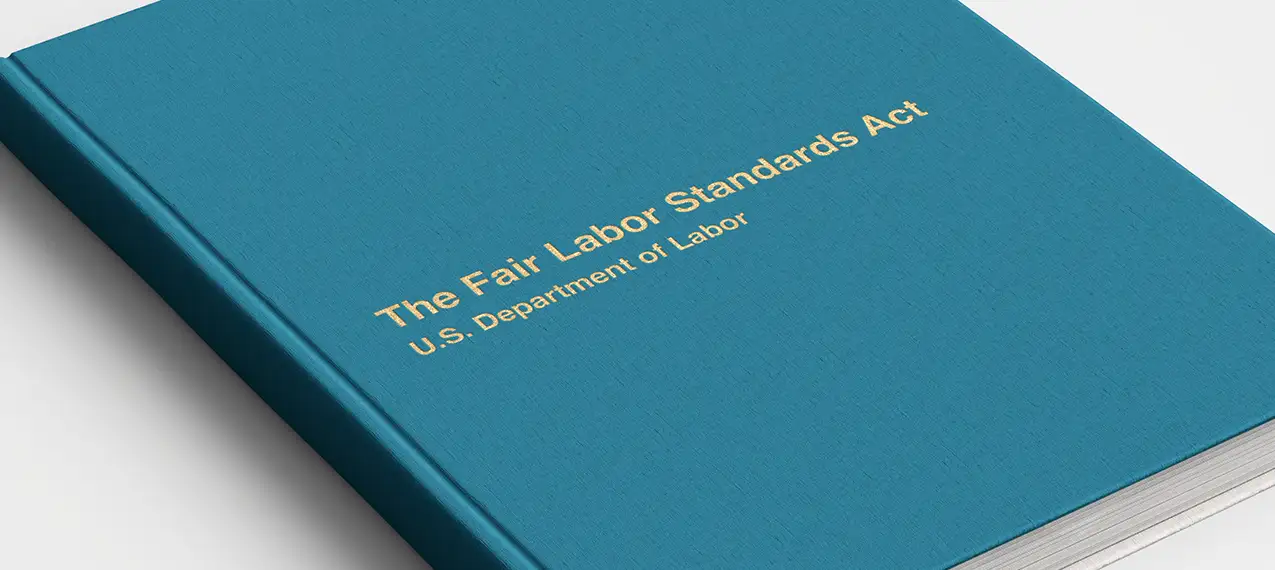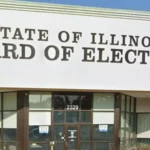
On January 15, the Supreme Court announced its decision in the major employment law case E.M.D. Sales v. Carrera. The Court wrestled with the proper evidentiary standard employers must meet to prove that their employees are exempt from the Fair Labor Standards Act’s (FLSA) overtime pay and minimum wage requirements. The Fourth Circuit previously held, alone among all other U.S. appeals courts, that the higher clear-and-convincing-evidence standard must be used in such cases.
Justice Kavanaugh, writing for a unanimous Court, held that the lower preponderance-of-the-evidence standard is the correct evidentiary standard to use when an employer exempts employees from the FLSA’s requirements. Preponderance of the evidence is the default standard for typical civil cases involving monetary disputes.
A group of former employees brought this lawsuit, seeking overtime compensation under the FLSA. E.M.D. Sales, an independent food distribution company, argued that their employees were exempt from the FLSA’s overtime pay provisions because they were employed as outside salespeople.
The FLSA sets minimum wage and overtime pay requirements for most of the American workforce. It also exempts scores of American workers from those requirements because of the nature of their jobs. For an exemption to apply, an employer (such as E.M.D. Sales) must show that the relevant employee is, in fact, exempt under the law.
Kavanaugh noted that the Court has deviated from this default standard for civil litigation in three main circumstances; this case, however, did not fall under any of them. He added that the Court has consistently applied a preponderance-of-the-evidence standard in Title VII employment-discrimination cases.
In a short concurrence, Justice Gorsuch stated that it is the obligation of the judiciary to “apply the default standard” of proof unless there is a specific reason to use a higher standard. E.M.D. Sales, Inc. v. Carrera, No. 23-217, 2025 U.S. LEXIS 364, *13 (Jan. 15, 2025) (Gorsuch, J., concurring). He writes that the majority opinion adheres to that principle, and he is therefore “pleased to join” the unanimous decision. Id.
Whether the employees in this specific case would fail to qualify as outside salespeople, even under the preponderance standard, is left for the Fourth Circuit to decide on remand.
Landmark authored a brief on behalf of the National Association of Wholesaler-Distributors and International Foodservice Distributors Association. Our brief focused on the unique role outside salespeople play in today’s businesses. Outside salespeople have been exempt from the FLSA’s overtime and minimum-wage provisions since its passage in 1938. We argued that employers should be subject to the same evidentiary standards as typical litigants when establishing employee exemptions, so as not to unduly hamper enterprise.
The Supreme Court correctly resolved a potentially damaging circuit split with its decision today.
Read the Supreme Court’s opinion here!
Read Landmark’s brief here, filed on behalf of the National Association of Wholesaler-Distributors (NAW) and International Foodservice Distributors Association (IFDA).
SUPPORT LANDMARK LEGAL FOUNDATION
We are truly facing existential threats to our individual rights and liberties, the Constitution, and our national character. If unchallenged, this assault on our very way of life will ruin our great nation. With your financial and moral support, Landmark is not going to let that happen without a fight. Will you join us?
JOIN OUR MAILING LIST
Never miss an update from Landmark Legal Foundation as we continue the fight to preserve America’s principles and defend the Constitution from the radical left.
Landmark will NEVER share your contact information and we will not flood your inbox.





